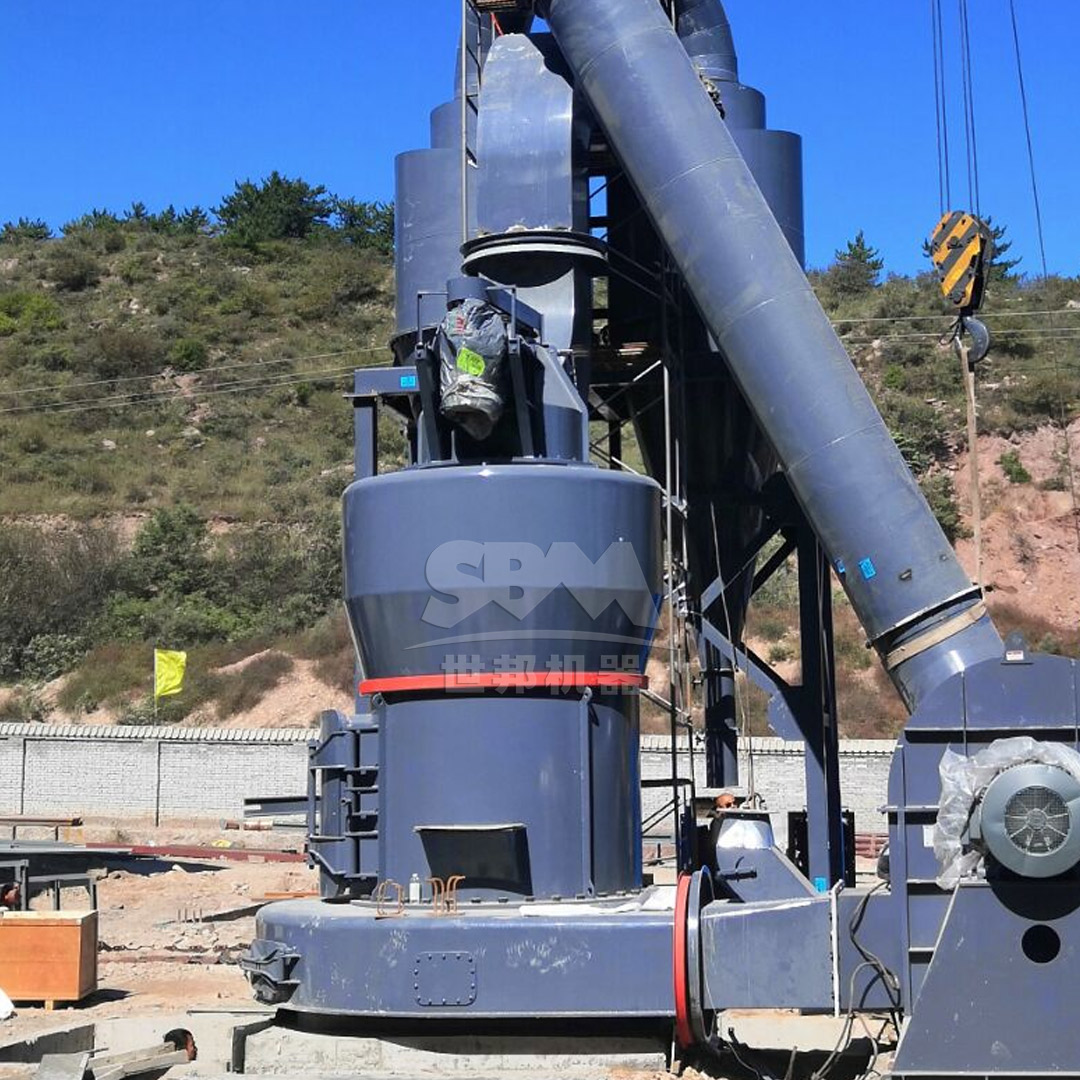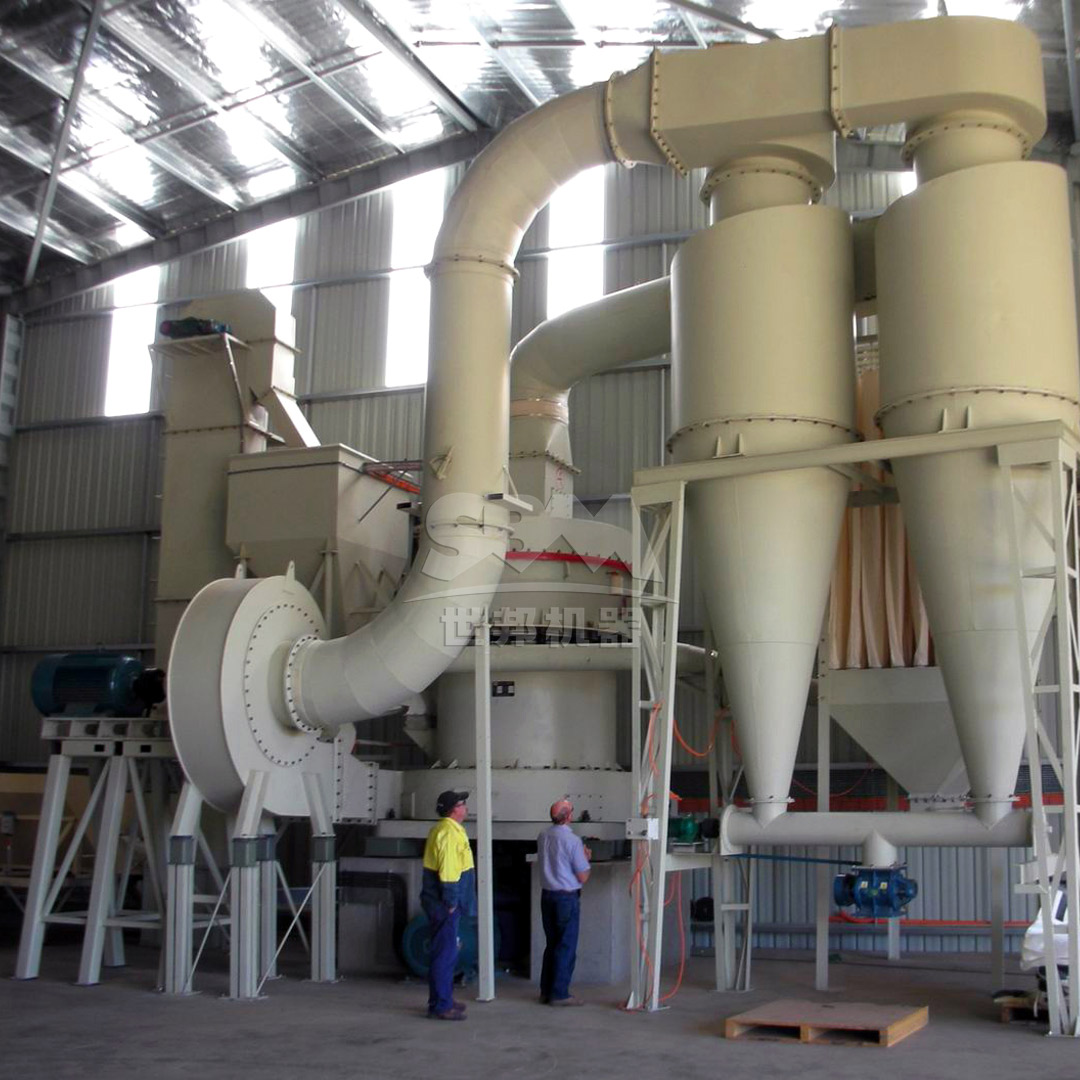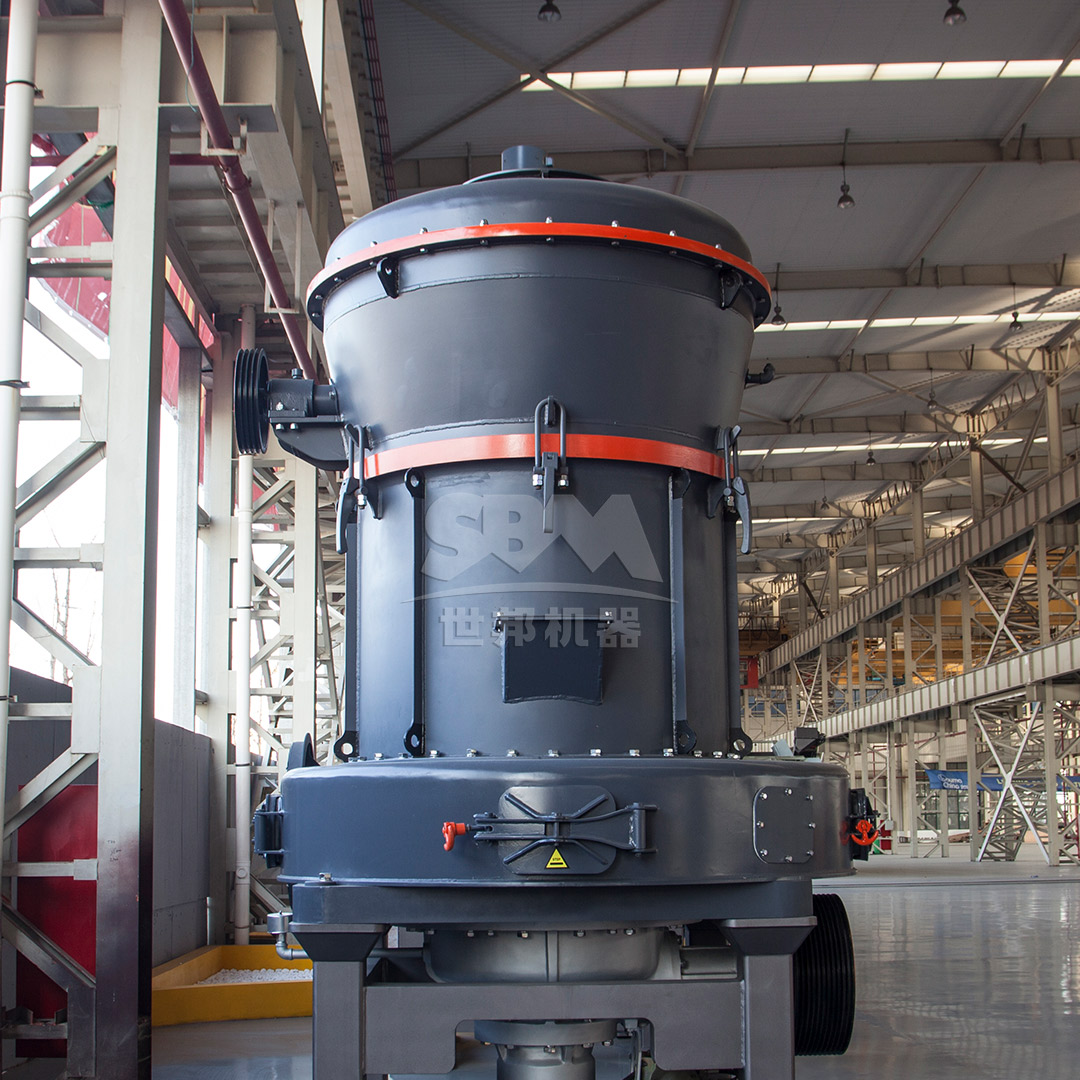Petroleum coke, a carbonaceous solid derived from oil refinery coker units or other cracking processes, has become an essential material in various industrial applications, particularly in smelting and refining operations. The quality of petroleum coke powder directly impacts the efficiency and output of these processes, making the selection of appropriate grinding equipment crucial for optimal performance. Properly ground petroleum coke enhances combustion efficiency, reduces energy consumption, and improves the overall quality of end products in aluminum smelting, steel production, and other metallurgical applications.
The grinding of petroleum coke presents unique challenges due to its specific physical and chemical properties, including varying hardness, moisture content, and potential abrasiveness. Different applications require specific particle size distributions, from coarse grinding for anode production in aluminum smelters to ultra-fine powders for specialized refractory materials. This article explores the technical requirements for petroleum coke grinding and presents advanced milling solutions that address these specific needs while maximizing operational efficiency and cost-effectiveness.
The particle size distribution of ground petroleum coke significantly influences its performance in industrial applications. For aluminum smelting, the optimal particle size typically ranges from 150 to 200 mesh (74-106 μm), while refractory applications may require finer powders down to 325 mesh (45 μm) or even ultra-fine specifications. The consistency of particle size distribution is equally important, as variations can lead to uneven combustion, reduced conductivity, or compromised structural integrity in final products.
Modern grinding systems must provide precise control over particle size distribution with minimal oversize or undersize fractions. Advanced classification technologies ensure that the final product meets the strict specifications required for various industrial processes, with some applications demanding D90 or D97 values with tight tolerances. The ability to adjust fineness quickly and accurately according to changing production requirements is a key consideration when selecting grinding equipment.
Petroleum coke often contains residual moisture that can affect grinding efficiency and product quality. Optimal grinding occurs at moisture levels below 5%, requiring integrated drying systems in many grinding applications. The heat generated during the grinding process must be carefully managed to prevent degradation of the carbonaceous material and to maintain the desired physical properties of the final product.
Advanced grinding systems incorporate temperature control mechanisms and, when necessary, integrated drying capabilities to handle petroleum coke with varying moisture content. The interaction between grinding mechanics and thermal management requires sophisticated engineering to ensure consistent product quality while maximizing energy efficiency throughout the process.
| Application | Required Fineness | Moisture Content | Production Rate |
|---|---|---|---|
| Aluminum Anodes | 150-200 mesh | <3% | Medium to High |
| Steel Industry | 200-325 mesh | <5% | High |
| Refractory Materials | 325-2500 mesh | <2% | Low to Medium |
| Carbon Products | 100-325 mesh | <4% | Variable |

For applications requiring ultra-fine petroleum coke powders, the SCM Ultrafine Mill represents a technological breakthrough in grinding efficiency and precision. This advanced milling system is specifically engineered to produce powders in the range of 325-2500 mesh (45-5μm), making it ideal for specialized applications in advanced materials and high-performance refractories. With an input size capability of ≤20mm and processing capacity ranging from 0.5 to 25 tons per hour depending on the model, the SCM series offers exceptional flexibility for various production requirements.
The technological advantages of the SCM Ultrafine Mill include its exceptional energy efficiency, delivering twice the capacity of jet mills while reducing energy consumption by 30%. The integrated intelligent control system provides automatic feedback on product particle size, ensuring consistent quality with minimal operator intervention. The vertical turbine classifier enables precise particle size separation with no coarse powder contamination, guaranteeing uniform product quality batch after batch.
Durability is another standout feature of the SCM series, with specially engineered roller and grinding ring materials that extend service life multiple times compared to conventional mills. The innovative bearing-free screw grinding chamber design ensures stable operation with minimal maintenance requirements. From an environmental perspective, the pulse dust collection system exceeds international standards with efficiency rates above 99.9%, while the integrated soundproofing chamber maintains noise levels below 75dB, creating a safer and more comfortable working environment.
| Model | Processing Capacity (ton/h) | Main Motor Power (kW) | Input Size (mm) | Output Fineness (mesh) |
|---|---|---|---|---|
| SCM800 | 0.5-4.5 | 75 | 0-20 | 325-2500 |
| SCM900 | 0.8-6.5 | 90 | 0-20 | 325-2500 |
| SCM1000 | 1.0-8.5 | 132 | 0-20 | 325-2500 |
| SCM1250 | 2.5-14 | 185 | 0-20 | 325-2500 |
| SCM1680 | 5.0-25 | 315 | 0-20 | 325-2500 |
For large-scale petroleum coke grinding operations requiring high throughput with medium fineness, the MTW Series Trapezium Mill offers an optimal balance of capacity, efficiency, and reliability. With the capability to process feed material up to 50mm in size and produce powders ranging from 30 to 325 mesh, this robust milling system handles production rates from 3 to 45 tons per hour, making it suitable for major industrial applications in smelting and refining.
The MTW Series incorporates several innovative features that enhance its performance in petroleum coke grinding applications. The wear-resistant shovel blade design utilizes combined blade segments that significantly reduce maintenance costs, while the curved surface design extends roller service life. The optimized curved air channel minimizes energy loss during material transport, improving overall system efficiency with high-strength protective plates safeguarding the channel working surface.
Power transmission efficiency reaches 98% through the integrated bevel gear system, which also saves space and reduces installation costs. The wear-resistant volute structure features a non-clogging design that enhances air classification efficiency while reducing maintenance costs by approximately 30%. These technological advancements make the MTW Series particularly suitable for continuous, high-volume petroleum coke grinding operations where reliability and consistent performance are paramount.

Effective petroleum coke grinding begins with proper material handling and pre-processing. Raw petroleum coke often requires crushing to achieve the optimal feed size for grinding mills. Hammer mills with high manganese steel components are particularly effective for preliminary size reduction, processing material from 40mm down to 3mm with high efficiency and minimal wear. The selection of pre-processing equipment should be coordinated with the main grinding system to ensure seamless material flow and optimized overall system performance.
Moisture management is another critical aspect of petroleum coke preparation. While some grinding systems incorporate integrated drying capabilities, standalone drying operations may be necessary for high-moisture feedstocks. The interaction between drying and grinding parameters must be carefully balanced to achieve optimal energy efficiency while maintaining product quality. Advanced control systems can coordinate these operations, adjusting parameters in real-time based on feed material characteristics and desired product specifications.
Modern petroleum coke grinding facilities increasingly rely on integrated automation systems to optimize performance and reduce operational costs. Programmable logic controllers (PLC) monitor and adjust critical parameters including feed rate, grinding pressure, classifier speed, and temperature to maintain consistent product quality despite variations in feed material characteristics. These systems also provide comprehensive data logging and remote monitoring capabilities, enabling proactive maintenance and rapid troubleshooting.
The integration of grinding systems with material handling, storage, and packaging operations creates a seamless production environment that maximizes overall equipment effectiveness. Advanced control algorithms can predict maintenance requirements based on operational data, scheduling downtime during periods of low demand to minimize production disruptions. The transition toward Industry 4.0 principles in petroleum coke grinding operations continues to drive improvements in efficiency, reliability, and product quality.
The economic viability of petroleum coke grinding operations depends significantly on energy efficiency, which typically represents the largest component of operational costs. Advanced grinding technologies like the SCM Ultrafine Mill and MTW Trapezium Mill incorporate multiple energy-saving features, including optimized grinding mechanics, efficient classification systems, and reduced pressure losses in air circuits. These improvements can reduce specific energy consumption by 30-50% compared to conventional grinding technologies, providing substantial cost savings over the equipment lifecycle.
Maintenance costs represent another significant economic consideration in petroleum coke grinding operations. The abrasive nature of petroleum coke can lead to rapid wear of grinding components in improperly designed systems. Advanced mills address this challenge through specialized wear-resistant materials, innovative component designs that distribute wear more evenly, and quick-change systems that reduce downtime during maintenance operations. The economic analysis of grinding systems should consider both capital investment and long-term operational costs to determine the true cost of ownership.
Modern petroleum coke grinding operations must comply with increasingly stringent environmental regulations regarding dust emissions, noise pollution, and overall environmental impact. Advanced milling systems incorporate comprehensive dust collection systems with efficiency rates exceeding 99.9%, ensuring that particulate emissions remain well below regulatory limits. Pulse-jet cleaning mechanisms maintain filter efficiency throughout extended operation periods, while explosion-proof designs address the potential fire hazards associated with fine carbonaceous powders.
Noise control represents another important environmental consideration, particularly for grinding facilities located near residential areas. Soundproofing enclosures, vibration damping systems, and acoustic insulation materials reduce operational noise to levels below 75-80 dB, creating safer working conditions and minimizing community impact. The selection of grinding equipment with superior environmental performance not only ensures regulatory compliance but also demonstrates corporate responsibility and commitment to sustainable operations.

The evolution of petroleum coke grinding technology continues to focus on enhancing efficiency, reducing environmental impact, and increasing operational flexibility. Emerging trends include the development of hybrid grinding systems that combine multiple grinding principles to optimize energy utilization across different particle size ranges. Advanced sensor technologies and machine learning algorithms are being integrated into grinding systems to enable predictive maintenance and self-optimizing operation based on real-time analysis of process data.
Nanotechnology applications are driving demand for increasingly fine petroleum coke powders with tightly controlled particle size distributions, spurring the development of next-generation classification systems with unprecedented precision. Simultaneously, the integration of grinding operations with downstream processes creates opportunities for holistic optimization of entire production chains. As environmental regulations continue to tighten, grinding system manufacturers are developing innovative approaches to further reduce energy consumption, minimize waste generation, and enhance the overall sustainability of petroleum coke processing operations.
The selection of appropriate grinding technology remains critical for organizations seeking to maximize the value of their petroleum coke resources. By understanding the specific requirements of their applications and staying informed about technological advancements, operators can implement grinding solutions that deliver optimal performance, reliability, and return on investment throughout the equipment lifecycle.